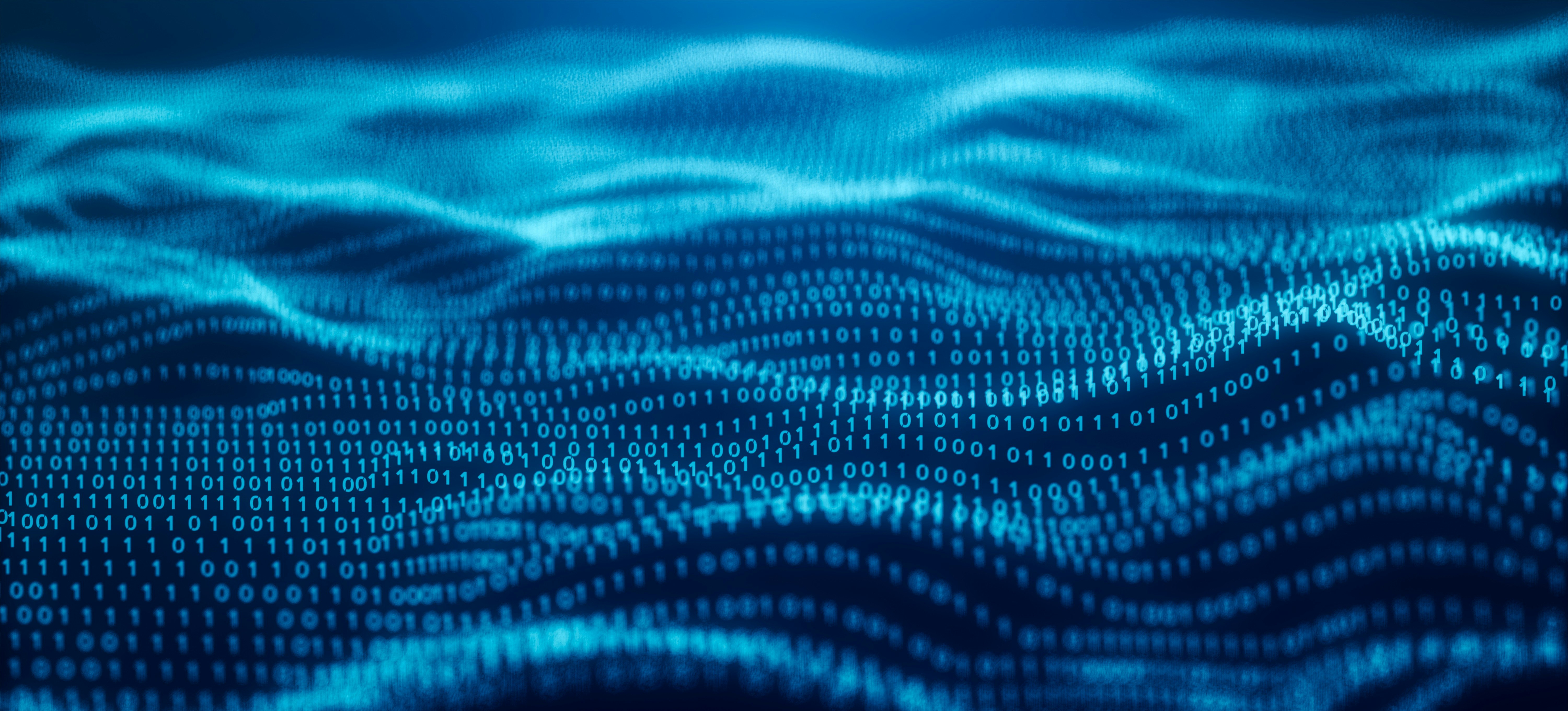
Lower-cost AI tools might reshape jobs by offering more workers access to the innovation.
- Companies like DeepSeek are establishing inexpensive AI that could help some workers get more done.
- There could still be risks to employees if employers turn to bots for easy-to-automate tasks.
Cut-rate AI might be shaking up industry giants, however it's not most likely to take your task - a minimum of not yet.

Lower-cost techniques to developing and training expert system tools, from upstarts like China's DeepSeek to heavyweights like OpenAI, will likely enable more people to acquire AI's efficiency superpowers, industry observers told Business Insider.
For many workers fretted that robotics will take their tasks, that's a welcome development. One scary possibility has been that discount rate AI would make it simpler for employers to swap in inexpensive bots for pricey people.
Obviously, that could still occur. Eventually, the innovation will likely muscle aside some entry-level workers or those whose roles largely include recurring tasks that are simple to automate.
Even higher up the food chain, staff aren't always complimentary from AI's reach. Salesforce CEO Marc Benioff stated this month the company might not work with any software application engineers in 2025 due to the fact that the firm is having a lot luck with AI representatives.

Yet, wolvesbaneuo.com broadly, for many employees, lower-cost AI is likely to broaden who can access it.
As it ends up being cheaper, it's easier to integrate AI so that it ends up being "a partner rather of a danger," Sarah Wittman, an assistant professor of management at George Mason University's Costello College of Business, informed BI.
When AI's rate falls, higgledy-piggledy.xyz she said, "there is more of an extensive approval of, 'Oh, this is the way we can work.'" That's a departure from the frame of mind of AI being an expensive add-on that employers might have a difficult time validating.
AI for all
Cheaper AI might benefit employees in locations of an organization that often aren't seen as direct income generators, Arturo Devesa, primary AI architect at the analytics and data business EXL, informed BI.
"You were not going to get a copilot, possibly in marketing and HR, and now you do," he said.
Devesa stated the course shown by business like DeepSeek in slashing the expense of developing and carrying out big language models alters the calculus for employers deciding where AI may pay off.
That's because, for the majority of big companies, such decisions factor in cost, precision, and speed. Now, with some costs falling, the possibilities of where AI could reveal up in an office will mushroom, Devesa said.
It echoes the axiom that's all of a sudden all over in Silicon Valley: "As AI gets more efficient and available, we will see its use skyrocket, turning it into a product we simply can't get enough of," Microsoft CEO Satya Nadella wrote on X on Monday about the so-called Jevons paradox.

Devesa said that more productive workers won't always minimize need for individuals if employers can develop brand-new markets and new sources of earnings.
Related stories
AI as a commodity
John Bates, CEO of software business SER Group, informed BI that AI is becoming a product much quicker than expected.
That indicates that for tasks where desk employees might require a backup or someone to double-check their work, affordable AI may be able to action in.
"It's great as the junior understanding employee, the important things that scales a human," he stated.
Bates, bytes-the-dust.com a previous computer science teacher at Cambridge University, said that even if a company already planned to utilize AI, the minimized expenses would increase return on investment.
He likewise said that lower-priced AI could offer little and medium-sized companies simpler access to the technology.
"It's simply going to open things approximately more folks," Bates said.
Employers still require human beings
Even with lower-cost AI, humans will still have a location, stated Yakov Filippenko, CEO and creator of Intch, which helps experts find part-time work.
He stated that as tech companies complete on price and drive down the cost of AI, numerous companies still will not be excited to get rid of employees from every loop.
For example, Filippenko stated companies will continue to need developers because someone has to validate that new code does what a company wants. He said business hire recruiters not simply to complete manual work; managers likewise desire a recruiter's viewpoint on a prospect.
"They pay for trust," Filippenko said, describing companies.
Mike Conover, CEO and creator of Brightwave, a research platform that uses AI, told BI that an excellent portion of what individuals perform in desk jobs, in specific, includes jobs that could be automated.
He said AI that's more commonly offered due to the fact that of falling costs will permit people' innovative capabilities to be "freed up by orders of magnitude in terms of the elegance of the issues we can resolve."
Conover believes that as costs fall, AI intelligence will likewise spread to much more areas. He stated it's similar to how, years ago, the only motor in a car may have been under the hood. Later, as electric motors shrank, they revealed up in locations like rear-view mirrors.

"And now it remains in your tooth brush," Conover stated.
Similarly, Conover stated universal AI will let professionals create systems that they can tailor lespoetesbizarres.free.fr to the requirements of tasks and workflows. That will let AI bots handle much of the grunt work and larsaluarna.se allow workers ready to explore AI to take on more impactful work and perhaps move what they're able to concentrate on.















